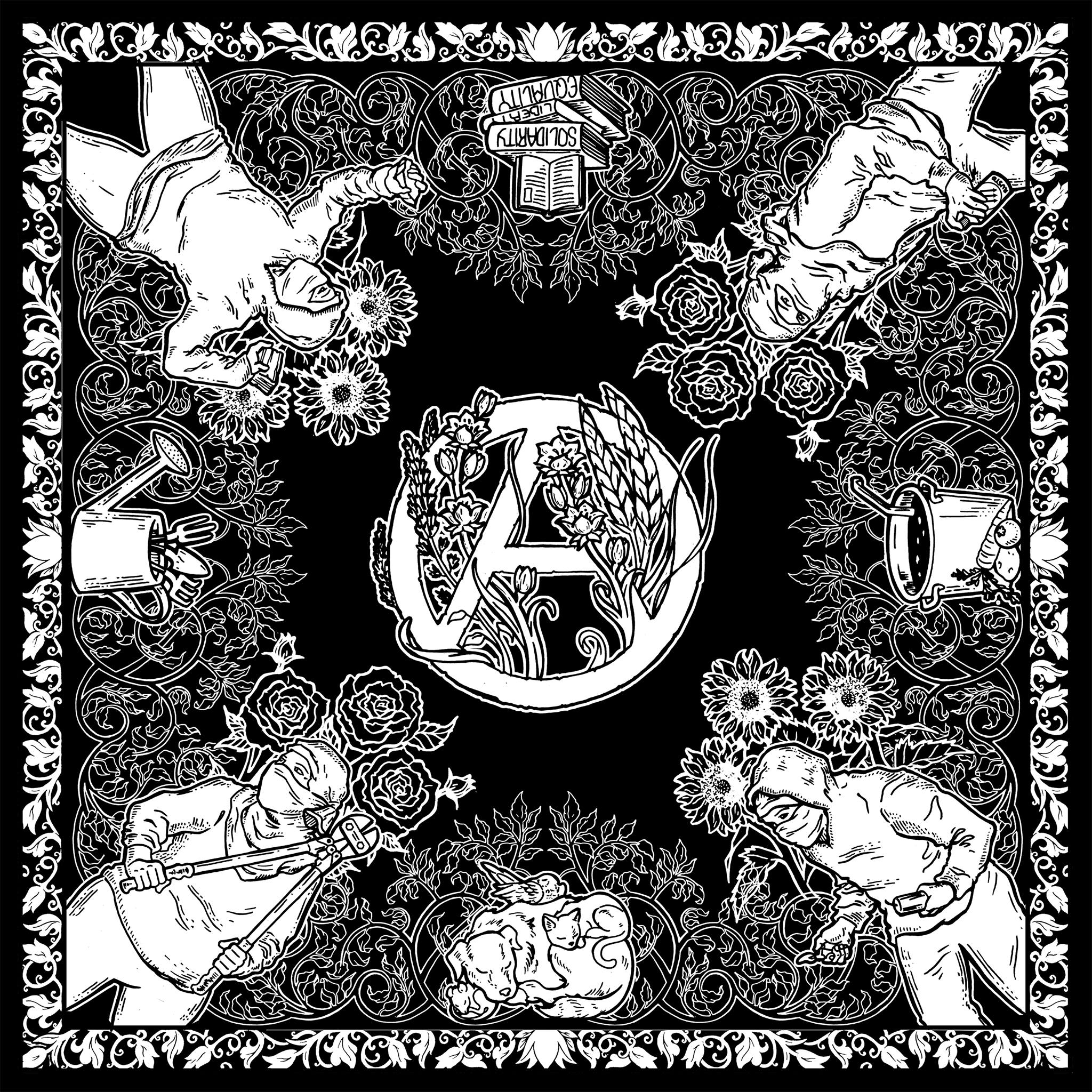Pesticides are critical to agricultural intensification but can negatively impact human health. We show that as soy cultivation spread across Brazil, agricultural pesticide exposure was associated with increased childhood cancer mortality among the broader population indirectly exposed to these chemicals. We find that populations were exposed to pesticides through the water supply, but negative health effects were mitigated by access to high-quality cancer treatment centers. Our results support policies to strengthen pesticide regulation, especially in contexts intensifying their food production systems, and increased public health attention to pesticide exposure in the broader community.
Over the last several decades, Brazil has become both the world’s leading soy producer and the world’s leading consumer of hazardous pesticides. Despite identified links between pesticide exposure and carcinogenesis, there has been little population-level research on the effects of pesticide intensification on broader human health in Brazil. We estimate the relationship between expanded soy production—and related community exposure to pesticides—on childhood cancer incidence using 15 y of data on disease mortality. We find a statistically significant increase in pediatric leukemia following expanded local soy production, but timely access to treatment mitigates this relationship. We show that pesticide exposure likely occurs via water supply penetration. Our findings represent only the tip of the iceberg for substantial health externalities of high-input crop production and land use change. Our results are of particular interest in developing contexts with demand for intensified food production systems and underscore the need for stronger regulation of pesticides and increased public health attention to exposure in the broader community.
"Brazil’s rapid expansion of soy production has meant an associated rise in pesticide use. Researchers found a statistically significant correlation between soy expansion and acute lymphoblastic leukemia (ALL) deaths in children between 2008 and 2019, representing the first population-wide analysis of the association between indirect exposure to agricultural pesticides and cancer. "
https://www.sciencedaily.com/releases/2023/10/231030194537.htm
“The Brazilian Amazon region is undergoing a transition from low-input cattle production to intensified soy culture with high use of pesticides and herbicides. The expansion has happened really quickly, and it appears educational efforts and training for pesticide applicators didn’t match the growth in pesticide use. When not used properly, there are health implications,” said Marin Skidmore, assistant professor in the Department of Agricultural and Consumer Economics, part of the College of Agricultural, Consumer and Environmental Sciences (ACES) at U. of I. Skidmore is lead author on the paper, published in Proceedings of the National Academy of Sciences (PNAS).
As this transition was happening, there were documented cases of pesticide poisoning of agricultural workers and evidence of chemicals in the blood and urine samples of non-agricultural workers in the surrounding communities," Skidmore said. “This indicates that this rollout had happened in a potentially dangerous way that was leaving people exposed.”
Of course, the 🤠🤡 will insist that this soy is magically disappearing into tofu and it’s not animal feed.
“We want to highlight that when changes happen fast, there are risks associated with that, and this is not isolated to Brazil. There is a lot of focus on agricultural intensification for global food security around the world. We need to find a balance where we get the productive benefits while mitigating any potential risks. When there is rapid rollout of these technologies in a new region, often an underdeveloped or poor region, how do we ensure there are guardrails in place to prevent another case like this?”
Notice how this embeds the premise of “more meat = more food security”, despite the opposite being closer to the truth, as these settlers are destroying food security for locals, especially Amazonian tribes.

